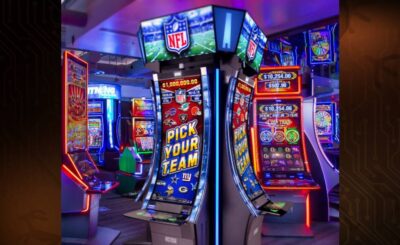In the traditional financial system, financial institutions like banks act as intermediaries between borrowers and lenders. Borrowers have to go through a lengthy and complicated process to get a loan, and they usually have to pay high-interest rates. In the decentralized finance system, borrowers and lenders can connect directly with each other through decentralized platforms. The most popular decentralized finance protocols are Maker DAO, Compound, and Dharma. These protocols allow users to borrow and lend crypto currencies using the Ethereal block chain.
What is DeFi?
Decentralized finance—often called Defi—refers to the shift from traditional, centralized financial systems to peer-to-peer finance enabled by decentralized technologies built on the ethereal block chain. From lending and borrowing platforms to stable coins and tokenized BTC, the Defi ecosystem has launched an expansive network of integrated protocols and financial instruments. By deploying immutable smart contracts on Ethereum, Defi developers have launched a parallel financial system that runs on Ethereum’s decentralized infrastructure, eliminating central points of control and intermediaries. Check out https://crypto.games/casino/bitcoin
Does Defi Work:
DeFi applications are built on Ethereum smart contracts, which are immutable computer programs that run exactly as programmed and that can be verified on the Ethereum block chain. By deploying immutable smart contracts on Ethereum, DeFi developers have launched a parallel financial system that runs on Ethereum’s decentralized infrastructure, eliminating central points of control and intermediaries.
Benefits of DeFi:
DeFi protocols offer a number of advantages over traditional financial instruments and infrastructure.
- Borderless:DeFi protocols are available to anyone with an Internet connection. There are no geographic restrictions or KYC/AML requirements. Unlike traditional financial systems, there is no need for a central authority or intermediaries to clear or settle transactions. This allows for near-instantaneous transaction settlement at a fraction of the cost of traditional methods.
- Accessible:DeFi protocols are available to anyone with an Ethereum wallet. There is no need for a bank account or to go through a centralized exchange. Protocols are open source and decentralized, meaning that anyone can contribute to their development and there is no single point of control. The protocols are also trust less, meaning that users do not have to trust any central authority or third party to have custody of their assets or process their transactions.
- Transparent:All Defi protocols are open source and transparent. The code is available for anyone to audit. Transactions are visible on the Ethereum blockchain. Open source means that the source code for a piece of software is available for anyone to inspect, modify, and enhance. Anyone can contribute to open-source projects.
Conclusion:
If you’re looking for a way to get involved in the Defi ecosystem, there are a number of ways to do so. You can buy a cryptocurrency and then hold it in a wallet that supports Defi protocols. You can also trade cryptocurrency on decentralized exchanges that support Defi protocols. You can also participate in lending and borrowing platforms that support Defi protocols.








